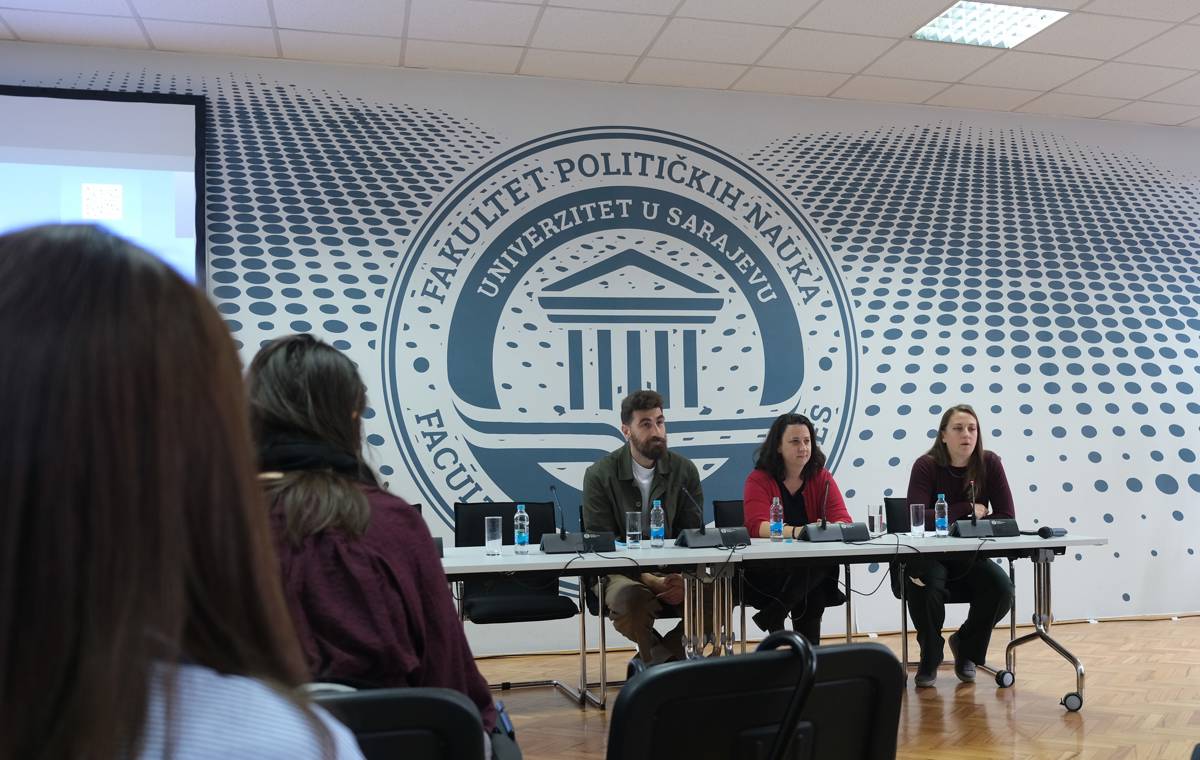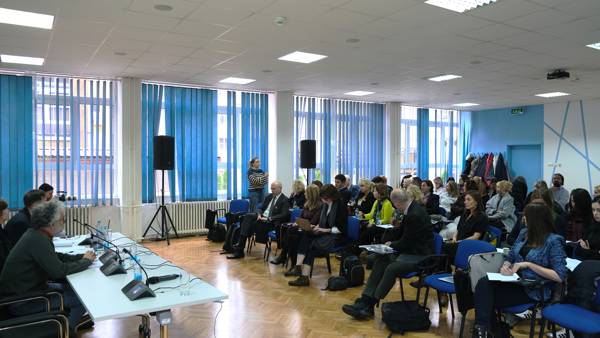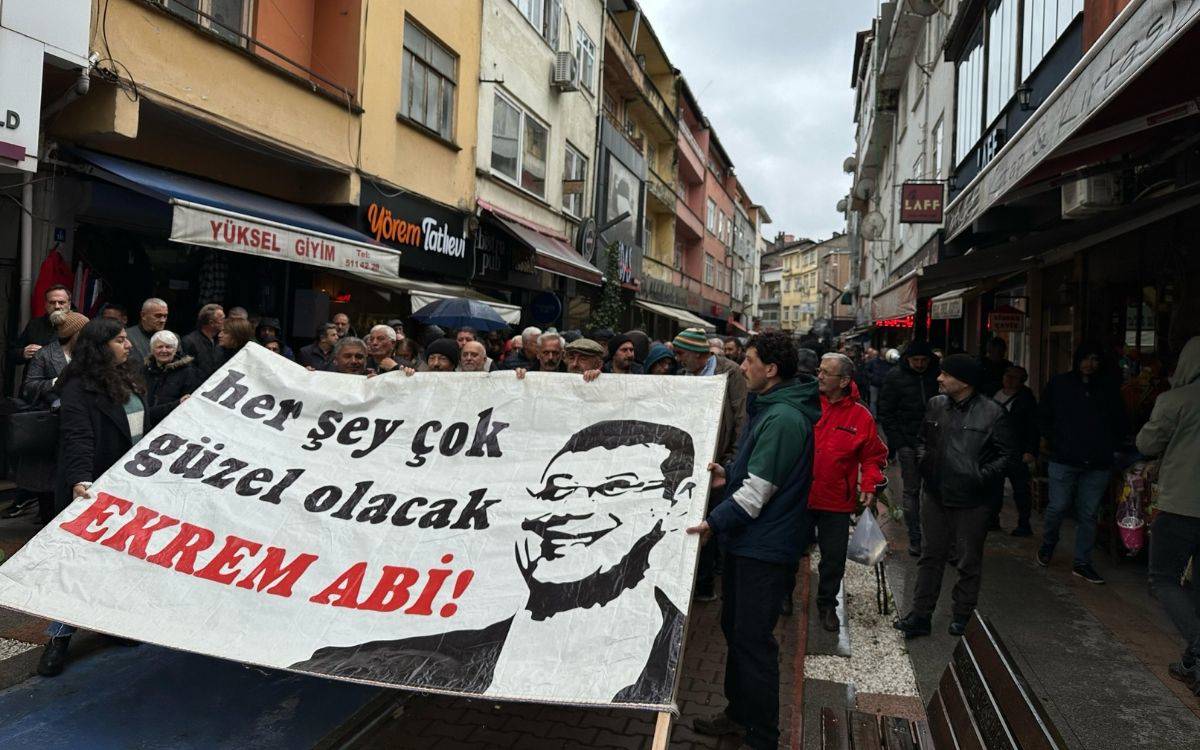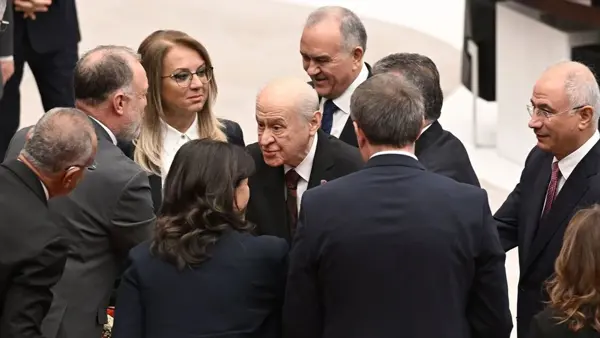Erdoğan and Bahçeli (Photo: AA/File)
Here is bianet's weekly summary of important events in Turkey:
The election threshold
When the military government introduced the 10 percent threshold ahead of the first elections in three years after the 1980 coup, the aim was to ensure "stability" by eliminating smaller parties as no government had lasted more than two and a half years in the decade before.
This goal has been mostly achieved given that a single party held the parliamentary majority in 24 of the last 38 years without having to get the majority of the votes.
This has not been the case since the country switched to a presidential system after a 2017 referendum. The ruling Justice and Development Party (AKP) had to form an alliance with the Nationalist Movement Party (MHP) for the 2018 election as it was neither able to secure a parliamentary majority nor to get 50 percent plus one votes, which is required for the election of the president, on its own.
However, even the combined votes of the two parties are far from 50 percent now, according to recent polls. Thus, they are working on a new election law that will maximize the number of their seats in the parliament.
The only part of the new law that they have so far disclosed to the public is that the election threshold will be lowered from 10 to 7 percent.
On August 29, President and AKP Chair Recep Tayyip Erdoğan said that they had reached a preliminary agreement with their allies to set the threshold as 7 percent. Three days later, MHP leader Devlet Bahçeli confirmed Erdoğan's statement.
The initial reaction to the move by many opposition politicians and pundits was that it intended to save the MHP from losing parliamentary representation as polls suggest that it will struggle to get 10 percent of the votes in the next election.
However, the threshold applies to the alliances and not to the parties according to the election law. Hence, it's very unlikely that the MHP won't make it into the parliament all other things equal.
So, why has the AKP-MHP alliance decided to lower the threshold? The answer will be clear once they bring up the law amendment after the legislative year opens in October, but there are various possible scenarios about their motives.
Latest opinion pollsAccording to the average of the seven opinion polls conducted in August, the voting rate of the ruling People's Alliance stands at 40.5 percent (AKP: 31.57% - MHP: 7.69%) while the share of the opposition Nation's Alliance is at 40.6 percent (CHP: 25.8% - İYİ Party: 14.8%). The Kurdish issue-focused Peoples' Democratic Party (HDP) is able to garner 9.98 percent of the votes, which means that either alliance would need the support of the HDP for both a parliamentary majority and winning the presidential election. As for the two ofshoot parties of the AKP, the voting rate of the Democracy and Progress (DEVA) Party is around 3.6 percent while the Future Party (GP) is able to get less than 2 percent of the votes. The next parliamentary and presidential elections are scheduled for June 2023. While the opposition has been calling for a snap election, the ruling alliance insists that the elections will be held as scheduled. |
Ditching the alliance system
One scenario is that the alliance system will be ditched and the MHP will support Erdoğan in the presidential election while competing in the parliamentary election separately. The alliance system was introduced before the 2018 poll, which was the first election after the switch to the presidential system, in case the MHP votes fell below 10 percent.
Since it's likely that the MHP will get more than 7 percent of the votes and will support Erdoğan in the presidential election in any event, alliances in the parliamentary election may be deemed unnecessary after lowering the threshold.
It is also considered that the AKP may regain some of the Kurdish votes it lost because of its alliance with the hardline nationalists.
It may also discourage people from voting for the offshoot movements of the AKP, since alliances seem to be the best possible way for them to gain seats in the parliament.
In this case, their members may compete as the candidates of either CHP or the İYİ Party and switch to their parties after elections, a tactic that has been used by many parties to get around the threshold.
The offshoots of the AKP
The Democracy and Progress (DEVA) Party of the AKP's former economy czar Ali Babacan and the Future Party (GP) of former PM Ahmet Davutoğlu have so far failed to attract the voters as much as they would have liked.
According to the average of the six opinion polls conducted in August, DEVA's voting rate is around 3.6 percent while the GP is able to get less than 2 percent of the votes.
The voting rate of the Felicity Party (SP), which also shares the same Islamic roots as the AKP, is around 1 percent, according to the same polls.
Davutoğlu and Babacan have maintained warm relations with the opposition alliance since founding their parties while the SP was already a part of it in the 2018 elections.
According to some observers, a lower threshold would encourage these three parties to form a third alliance rather than joining the Nation's Alliance as 7 percent seems to be a more reachable target for them than 10 percent. This would prevent a united bloc of opposition parties against the AKP-MHP, which was key to the opposition's success in the 2019 local elections.
The "kingmakers"
Another purpose that the threshold served was to keep the pro-Kurdish political movement out of the parliament. This had worked until the 2007 election, where the Democratic Society Party (DTP) members competed as independent candidates and joined the party after being elected. The Peace and Democracy Party (BDP), which was founded after the Constitutional Court shut down the DTP, used the same tactic in the 2011 election.
In the June 2015 election, the Peoples' Democratic Party (HDP) surpassed the threshold by receiving over 13.5 percent of the votes. It got 10.7 percent of the votes both in the November 2015 and June 2018 elections, making the threshold somewhat pointless.
By lowering the threshold now, the ruling alliance may be hoping that the HDP's votes will slightly drop as many people are believed to have voted for it just to make it remain in the parliament.
Before the last election, some opposition politicians and opinion leaders had openly encouraged the voters to vote for the HDP. This made sense from the opposition's point of view as the AKP, which is one of the two most popular parties in Kurdish-majority regions, would have benefited the most had the HDP failed to make it into the parliament.
Now that the threshold will be 7 percent, the "temporary" voters of the HDP will possibly not feel the need to help it stay above the threshold, so the party's votes may slightly decrease. This may result in the HDP losing a few seats against the AKP.
However, as things stand now, the HDP will likely be the "kingmaker" as neither alliance is able to secure a majority for the parliament or in the presidential election.
HDP Co-Chair Mithat Sancar said on September 9 that his party is "open to the idea of a joint candidate" against Erdoğan. However, senior figures of the party have also said that the opposition shouldn't take the support of the HDP voters as granted. They expect a candidate who is open to take steps for the resolution of the Kurdish question.
Read more on Turkey's next elections:
Poll: Four possible opposition candidates lead Erdoğan
Kurdish voters' choice will determine the outcome of next election, says Demirtaş
'Everybody is aware that HDP will be a key power in the next elections'
Erdoğan tells his party to start preparing for elections
'Rate of those who say "I will never vote for Erdoğan" on the increase'
Survey: Kurdish voters favor parliamentary system, drifting away from AKP
"You'll stand trial, Bill Gates"
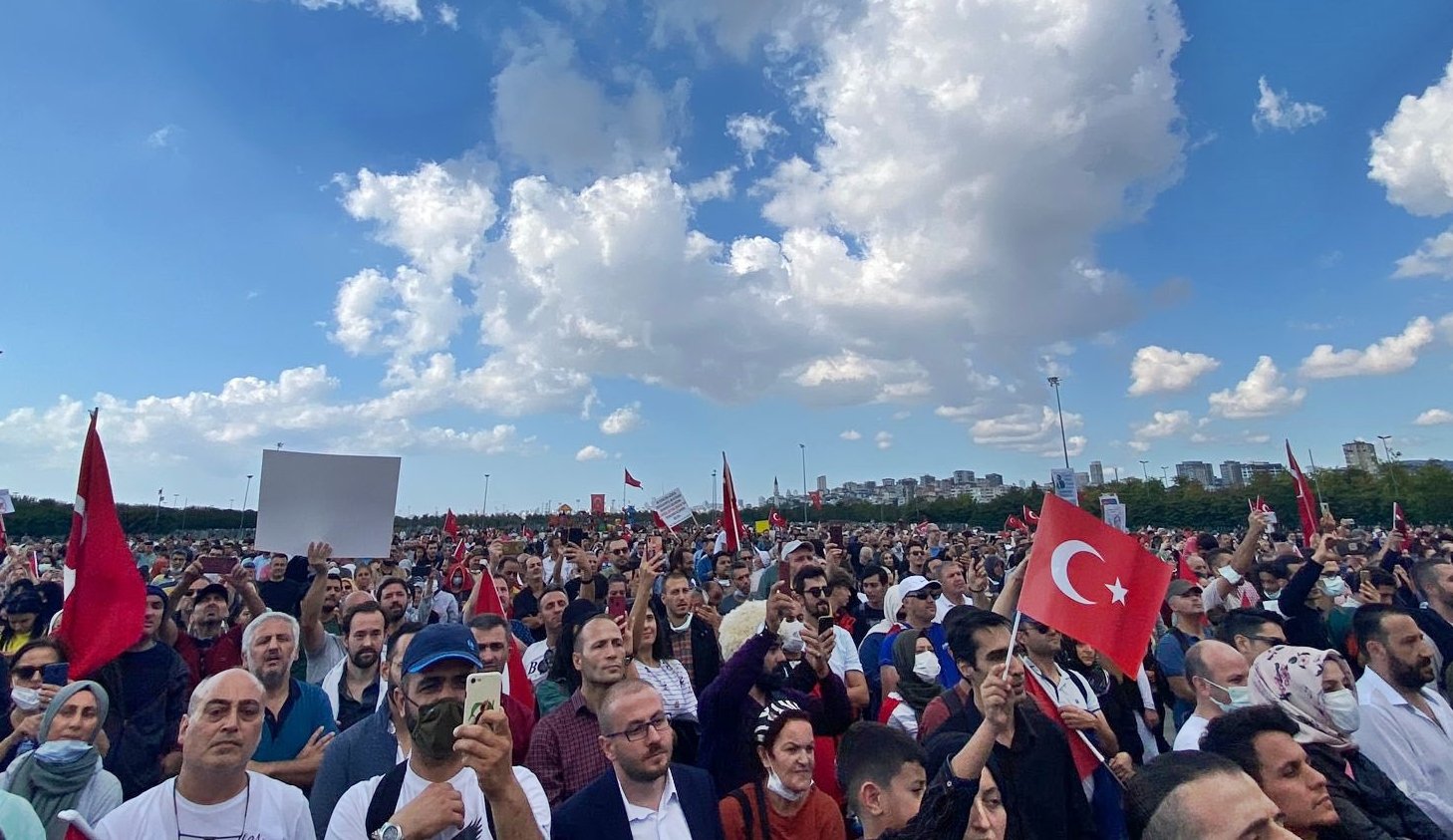
Since Turkey has started its mass vaccination campaign for Covid-19, it has been more common than not to see an anti-vaccination hashtag on Twitter's trending topics.
Having held demonstrations with a few hundred people in various places around the country, the anti-vaxxers organized their first official rally in İstanbul's Asian-side district of Maltepe on Saturday (September 11).
The Sub-governor's Office of Maltepe had not initially permitted the rally but the Governor's Office of İstanbul later gave permission. Attendants were not required to submit vaccination certificates or negative PCR test results contrary to the rules that are currently in place.
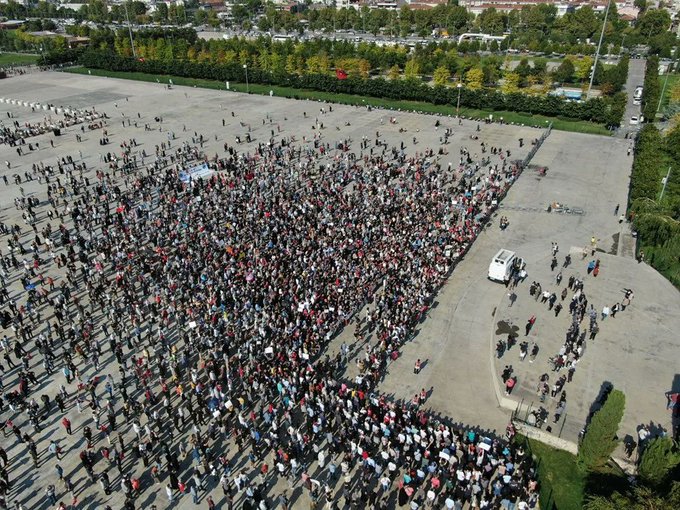
The date of the rally was specifically chosen as the organizers of the rally believe that the 9/11 attacks and the Covid-19 "plandemic" were somehow parts of the same malicious plot by global powers.
The people in the crowd, almost all of them without masks, showed placards that read "Either courage or captivity," "WHO, get the hell out of Turkey," "My body, my decision," "Global gang, take your hands off Turkey," "We are not against vaccines but fascism" and so on.
A video showing a man with a Turkish flag t-shirt shouting, "God damn you Bill Gates, you'll stand trial" went viral on social media:
Vatandaş: Allah seni kahretsin Bill Gates sende yargılanacaksın köpek. pic.twitter.com/ldKzFBf7Jl
— Türkay Özcan (@turkay_ozcan) September 11, 2021
According to the Ministry of Health, more than 82 percent of Turkey's adult population have received at least one dose of the Covid vaccine with 64.7 percent fully vaccinated.
The rally came after the government mandated negative PCR tests for those who are not fully vaccinated for intercity travels and attending crowded events such as concerts and films.
Teachers and other school employees have to be either fully vaccinated or submit negative test results twice a week. Private businesses are allowed to impose the same conditions on their employees.
Read more:
Three nurses arrested for forging fake vaccination cards
Erdoğan signals 'coercive' methods for coronavirus vaccination
'Those vaccinated with three doses account for less than 2 percent of all cases'
Child found to be at fault for being run over
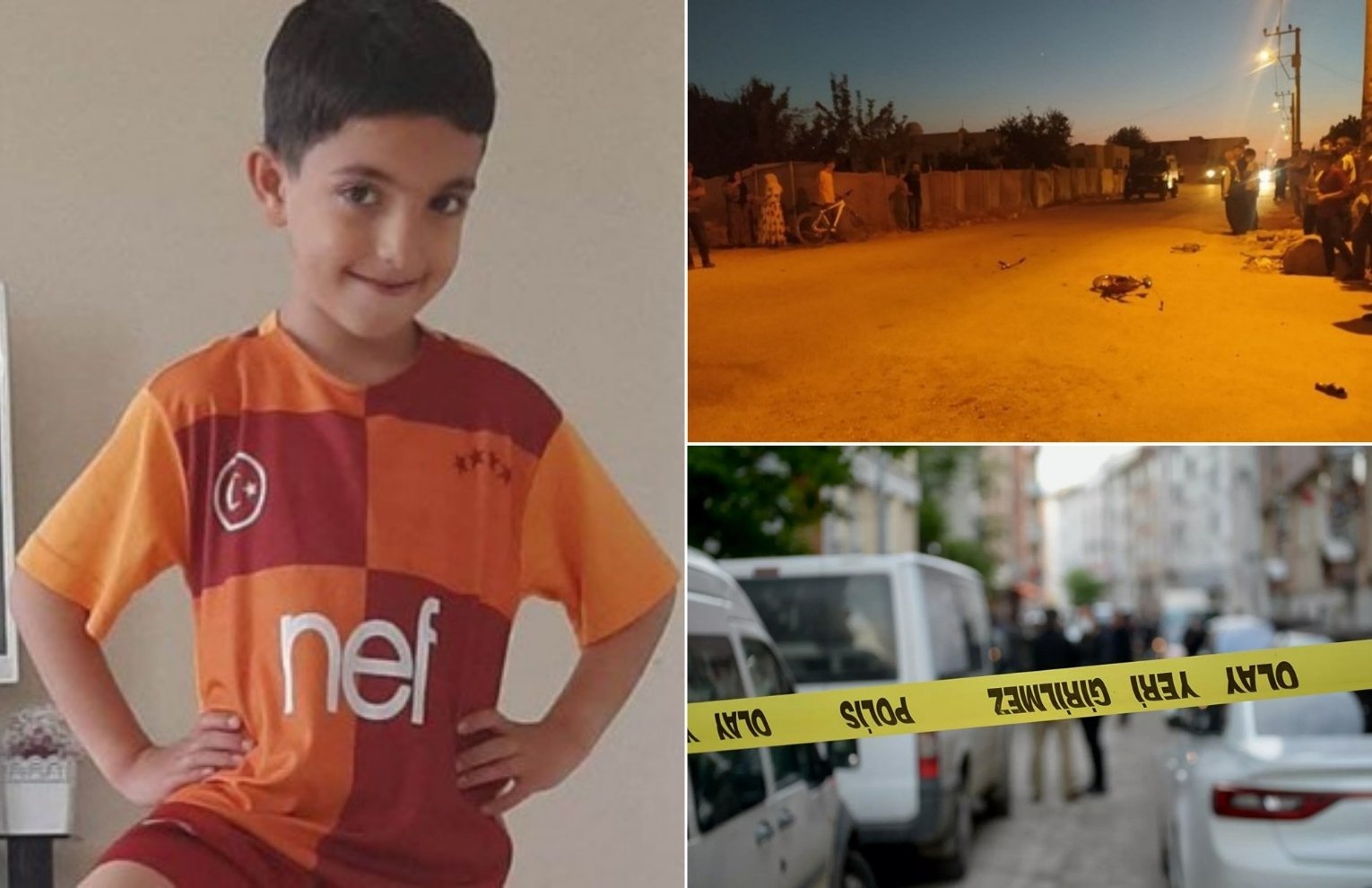
Mihraç Miroğlu, 7, was killed after being run over by an armored vehicle in the Kurdish-majority southeastern province of Şırnak on September 3.
He was the 16th person and ninth child killed by armored vehicles in predominantly Kurdish-populated regions since the start of 2018.
Prepared by the traffic police after the incident, a report found that Miroğlu was "primarily negligent" for the incident. The officer who caused the child's death is still on duty.
Read more:
Twenty children killed in armored vehicle crashes in 10 years
Numerous complaints had been filed before child was run over by armored vehicle
Mihraç's father: He wanted it so much, we had just bought him a bike
Who will protect Kurdish children from armored vehicles?
Mu variant found in Turkey
Minister of Health Fahrettin Koca announced on September 7 that the "Mu variant" of the coronavirus was found in two people in Turkey.
"For the time being, we are not thinking of introducing an additional measure. Because there has been no one diagnosed with the 'Mu' variant apart from these two cases," he said.
Noting that over 90 percent of the Covid-19 cases in Turkey are of the "Delta" or "Delta Plus" variants, Koca said, "I think that the number of cases will gradually decrease as the number of people vaccinated with two doses increases. Until social immunity is ensured, we must definitely abide by the classic measures such as wearing masks and keeping distance." (VK)




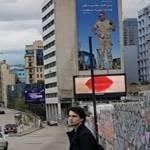
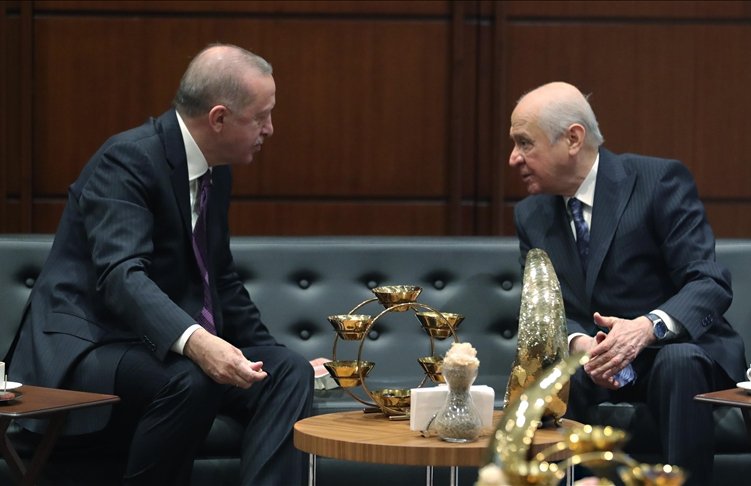
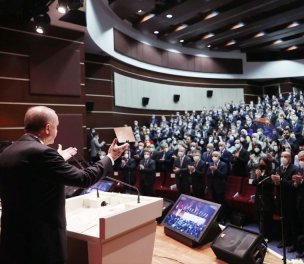

sa.jpg)
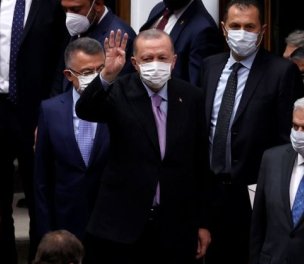
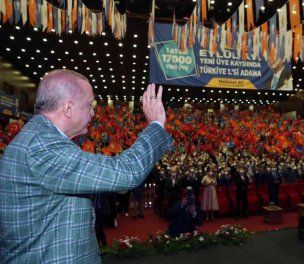
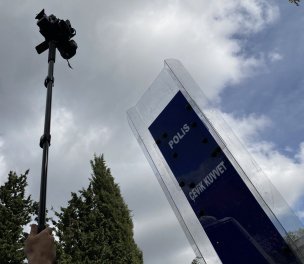
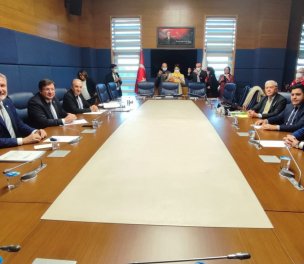
sa.jpg)
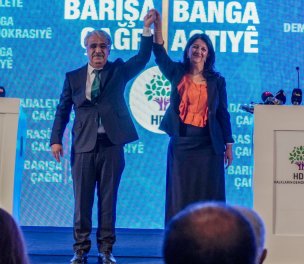
as.jpg)
